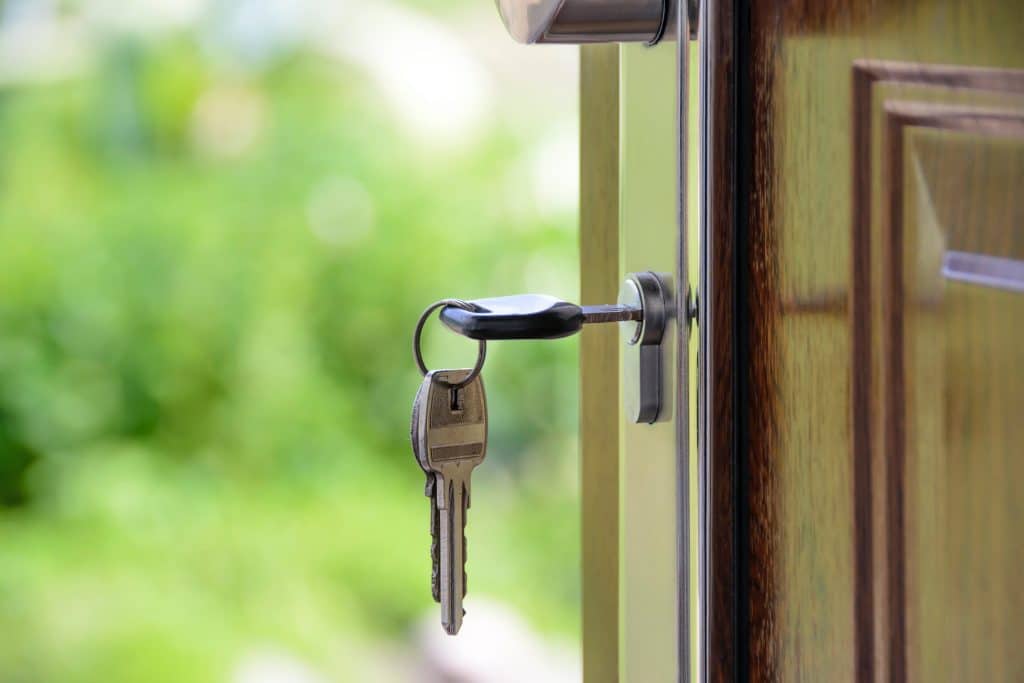leashold vs freehold | 5 minute read
Leasehold vs Freehold – What is the difference?
It may seem like complex legal jargon, but there are few things more important about your home than whether it is a freehold or leasehold property. It’s essentially the difference between owning a home outright or leasing the land the property is on.
What are the different forms of homeownership?
When purchasing a home, two fundamental forms of legal ownership (freeholder vs leaseholder) need careful consideration. Otherwise, you may buy a property not worth buying. The two forms of legal ownership are freehold and leasehold. If you disregard these two forms of ownership, you may regret it as, it can be extremely costly.
If you require legal advice on leaseholds or freeholds, please don’t hesitate to get in contact with us today. We can connect you with an expert landlord and tenant lawyer who specialises in the laws surrounding homeownership. Please get in contact by clicking here.
What does freehold mean?
A freehold essentially means that you have ownership of the land the property stands on in perpetuity (forever). Therefore, this means your name is in the land registry as “freeholder”, owing to the “title absolute”. It is advised when purchasing a property to gain ownership through a freehold as:
- You will not have to pay annual ground rent.
- You have responsibility for maintaining the roof and outside walls.
- Avoid the freeholders’ cost of maintaining the building.
What does leasehold mean?
A leasehold on a property means that you have to lease from the freeholder (sometimes referred to as a landlord) to use the home for a set number of years. Typically, a lease is long term, between 90 and 999 years. However, leases can be as short as 40 years. The main aspects of a leasehold are as follows:
- Leaseholders will have to obtain permission for any majors works done to the property.
- Leaseholders typically pay an annual “ground rent” to the freeholder.
- If leaseholders do not fulfill the lease terms – for example, by not paying fees – then the lease can become forfeit.
- A leaseholder has a contract with the freeholder, which sets down either sides legal rights and responsibilities.
- The freeholder will typically be responsible for maintaining the common areas of the building, such as the entrance, staircases, exterior walls, and roof. However, other leaseholders might have claimed their “right to manage”, which is their responsibility.

Disputes between leaseholders and freeholders
It is not uncommon for the relationship between leaseholders, management companies and freeholders to deteriorate over time. A dispute can arise for various reasons, including:
- In the UK, one in four (26%) leaseholders feel their freeholder is overcharging but can do little about it. Typically, ground rent usually costs between £100-150 a month, meaning per year charges can quickly amount to over £1000 a year.
- Disputes often arise because freeholders do not maintain the building to a sufficiently high standard or keep common areas tidy and clean. 1 in 4 (23%) leaseholders complain over lack of control over significant works.
- Freeholders often complain that leaseholder breaches the terms of their lease, for example, by making too much noise or not getting permission for building works.
The declining value of leaseholds
When the duration of a leasehold goes down to 0 years, the property reverts to the freeholder. Therefore, if you have a 60-year leasehold, you only have the right to use the property for 60 years before it goes back to the freeholder. It is always advised to acquire a long lease as the value stays relatively stable compared to shorter leases. For example, a flat with a lease of 60 years is worth more than 10 % less than if it had been a lease of 99 years.
Can leasehold rights be transferred?
As a leaseholder, you have the right to demand the freeholder’s management of the lease be transferred to a “right to manage” company, set up by you and other leaseholders. By managing the leasehold yourselves, you may be able to reduce costs, such as insurance, considerably.
Extending your lease
A series of government acts served leaseholders protection against short term leases by giving them the right to extend the lease or to buy the property. However, these options can be very costly. The law differs depending on whether the property is a flat or a house:
The points below for both flats and houses can only be completed once you have held the lease on a property for 2 years and purchased the property with a “long lease” (more than 21 years).
Flat:
- If you are a flat owner, you will most likely have the right to extend your lease by 90 years on top of your unexpired term.
- If you can extend your lease, you will no longer have to pay ground rent and can negotiate new terms for the lease.
- You will have to pay a premium for extending the leasehold.
- Most commonly, people considering purchasing a short leasehold property (less than 80 years) insist that the leaseholder extends the lease before the purchase.
- Once you inform your landlord that you qualify for the right to extend the lease, they can either accept, negotiate, or reject the offer.
House:
- You may have the right to extend your lease by 50 years on your house.
- If you are able to expand your lease, you will be able to renegotiate the terms of your lease, like who pays for works on the house.
- You do not have to buy a lease extension for a house. However, the ground rent is likely to rise when extending the lease.
- When looking to extend a lease on the house, you should seek the help of a lawyer. This is because they can advise on the lease required. For example, if you live in a converted house, the rules differ, meaning in some cases, you may need a lease on a flat instead.
- Once you inform your landlord that you qualify for the right to extend the lease, they can either accept, negotiate, or reject the offer.
Buying the freehold on a leasehold property
When buying a flat or house, you may have the option to purchase it outright, so that you own the freehold. If this is the case, it is called enfranchisement. While there are various legal procedures in place and legal fees involved, enfranchisement can be very rewarding. However, the law surrounding purchasing the freehold depends on whether you have a flat or a house.
Freehold vs Leasehold Comparison
| Freehold | Leasehold |
|---|---|
| More expensive sale price | Initial purchase can be cheaper, but extra fees/service charge/renewal costs will be incurred throughout. |
| Buy permanently | If the lease is short you may be required to purchase a renewed lease. |
| Complete control | Restrictions may apply depending on the terms of the lease. For example, you may not be allowed pets, subletting and building work. |
| Ownership of the land the property is on | May receive added benefits such as a gym, car park or cleaned communal areas |
| No additional extras attached to the purchase | You may be subject to pay for some repairs |
| Control over the property | A new build could mean that the freehold is sold to a third party which charges more on the ground rate |
| Typically a house | Typically a flat |



0 Comments